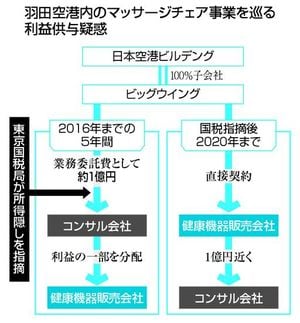A class-action lawsuit has been filed against General Mills, claiming their popular Cocoa Puffs cereal contains dangerously high levels of lead. This legal action is not isolated, as similar lawsuits were also initiated in Minnesota and California, with plaintiffs seeking over $5 million in damages.
According to the filings, consumers argue they would not have bought Cocoa Puffs had they known it contained lead. The California lawsuit states the cereal contains just below the state's maximum allowable lead level of 0.5 micrograms per serving.
Yet, consumers typically don't stop at one cup. The lawsuit argues, “Almost all consumers, actually exceed the recommended serving size per bowl of cereal,” which could lead to higher lead consumption.
This has raised alarms because even small amounts of lead can significantly harm health, particularly for children. The Minnesota lawsuit emphasizes this point, indicating, "there is no known safe blood lead level," according to data from the CDC.
The lawsuit accuses General Mills of not disclosing potential poisoning risks to consumers. It claims other companies manage to produce chocolate cereals with no such hazards.
Specifically, it asserts, “Other manufacturers formulate, produce, and sell non-poisonous chocolate cereal and bars.” The lawsuit underscores the notion the risks associated with Cocoa Puffs are avoidable.
Leaded chocolates are not exclusive to Cocoa Puffs. Recent actions have also targeted dark chocolates from major brands like Hershey and Trader Joe's due to similar concerns about cadmium and lead.
This isn’t the first time General Mills has found itself amid legal troubles. Earlier this year, the brand faced two class-action lawsuits for alleged pesticide contamination within its Cheerios line.
Unlike Cheerios, Cocoa Puffs are directly marketed to children, which heightens the issue. With its beloved mascot, Sonny the Cuckoo Bird, the cereal is often featured during children’s programming, which can lead to higher consumption rates among kids.
The legal filings contend the hazardous levels of lead pose significant risks, especially considering childhood development. These lawsuits could compel General Mills to reexamine their product safety measures.
General Mills has yet to publicly respond to these allegations, leaving consumers anxious about the fate of their beloved breakfast option. These claims could potentially shake the trust of families who regularly include Cocoa Puffs as part of their morning routine.
The potential fallout from these lawsuits could extend beyond financial damages. If this situation escalates, it may lead to more intense regulatory scrutiny over lead levels permissible in food products.
Lead exposure has long been associated with numerous health issues. Understanding the ramifications of these allegations is imperative for public health and consumer safety.
For many parents, cereal is seen as a quick and easy breakfast solution, but these revelations could force some to rethink their choices. With this lawsuit highlighting serious concerns, many are left wondering where to draw the line on childhood nutrition.
Given the current climate surrounding food safety, awareness about the contents of products is more critical than ever. This underlines the need for transparency and rigorous testing from food manufacturers to safeguard public health.



